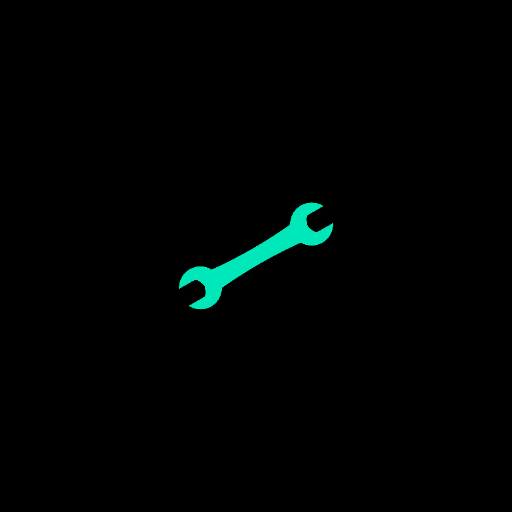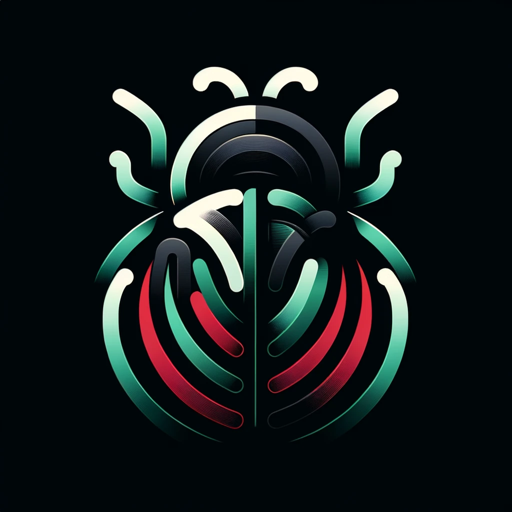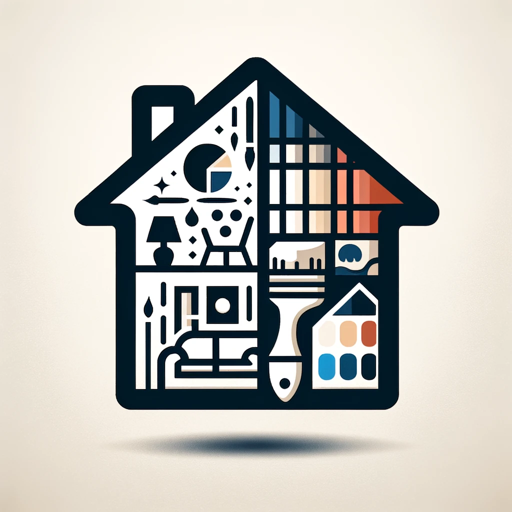Python API Crafter-AI-powered Python function and API builder
AI-powered Python function and API creation.
Let's start building!
Build an face detector using OpenCV
Create a calculator function.
Use OpenAI API to create a chatbot with my custom prompts.
Related Tools
Load More
Prompt Crafter
I will craft the perfect prompt for every user's needs
Prompt Crafter
Assists you in creating well-defined prompts effortlessly.

Plugin Craft
Minecraft plugin developer, creative and technically savvy.

Gmod Lua Craftsman
Expert in Garry's Mod Lua programming.

Consistant Character Crafter
Guides in creating visually consistent characters, adapting to user's style.

Prompt Crafter
I craft the perfect prompt, so you don't have to.
20.0 / 5 (200 votes)
Introduction to Python API Crafter
Python API Crafter is a specialized interactive tool designed to assist users in the development of Python functions and APIs using Flask. Its primary function is to guide users through the process of defining functions, gathering necessary input parameters, and generating structured, reusable code for applications that need a backend API. The design is centered around an interactive, step-by-step approach that ensures clarity for both novice and experienced developers. Examples include helping users define custom endpoints for a web service, or writing Python functions that integrate with third-party services. The focus is on simplicity and efficiency, ensuring that even complex processes like API creation are streamlined. For instance, Python API Crafter could be used to create a RESTful API for an inventory management system, where users input product details and the API manages the backend logic for adding, removing, or updating products in a database.

Main Functions of Python API Crafter
Define Custom Python Functions
Example
Assisting users in creating Python functions based on specific inputs, such as a function that calculates the total price of items after applying a discount.
Scenario
In an e-commerce application, the user might need a function to calculate total order value after applying a set of discount rules. Python API Crafter helps define the logic of this function, ensuring it can be reused within the broader application.
Build Flask APIs
Example
Generating Flask-based APIs that wrap around Python functions, such as an API that serves machine learning model predictions.
Scenario
For a machine learning application, Python API Crafter can help create a Flask API that allows external applications to send data to the machine learning model and retrieve predictions, enabling the deployment of the model as a web service.
Documentation and Testing Support
Example
Providing thorough API documentation, along with sample cURL requests for testing endpoints.
Scenario
A developer needs to publish their API and ensure proper documentation for front-end teams or third-party developers. Python API Crafter generates clean documentation and example requests for testing the API endpoints, reducing the overhead of manually writing detailed guides.
Ideal Users of Python API Crafter
Backend Developers
Backend developers who are building or maintaining Python-based web services would benefit greatly from Python API Crafter. It helps streamline the process of defining complex functions and turning them into scalable APIs, with automatic generation of Flask boilerplate code. These users benefit from speed, clean code structure, and testing tools provided by the service.
Data Scientists and Machine Learning Engineers
Data scientists looking to deploy their models as services can use Python API Crafter to generate lightweight Flask APIs. This enables them to wrap their models in a web service without needing extensive backend development knowledge. The tool helps them focus on optimizing models while ensuring efficient deployment pipelines.

Guidelines for Using Python API Crafter
1
Visit aichatonline.org for a free trial without login, also no need for ChatGPT Plus. This allows you to explore the tool's full capabilities instantly and without restrictions.
2
Define your Python function requirements. Determine the purpose of the function, input parameters, and the desired output. It's important to have a clear idea of what you want to achieve before proceeding.
3
Interact with Python API Crafter by asking for guidance in writing or optimizing Python functions. You can specify additional requirements, such as Flask integration, libraries needed, or custom behaviors.
4
Review the generated code or API and refine as needed. Python API Crafter provides suggestions and customizations, so make sure the solution fits your specific scenario.
5
Test and deploy the Flask API, and utilize the comprehensive documentation provided, including sample curl requests and API endpoints.
Try other advanced and practical GPTs
Cucumber AI
AI-Driven Feature File Creation

Simpsonize It
AI-powered 'Simpsons' Style Image Transformation

Notes Scribe
AI-powered note-taking and visualization tool

Bug Insider
AI-powered insights from bug bounty reports.

Avatar Creator Assistant
AI-powered custom avatar creation

Digital Forensics Advanced Specialist
AI-powered digital forensic insights.

Summary Sage with tags
AI-powered content summarization and tagging tool

Home Design & Renovation Advisor
AI-powered home transformation tool.

Wordcraft Wizard
AI-powered writing enhancements for all

CineGuide | IMDB Expert 🍿
Your AI-powered IMDb expert.

David - Direct Response Copy Chief
AI-Powered Copywriting for Effective Ads

Unified Pulse
AI-powered guidance for cosmic alignment.

- Optimization
- Web Development
- Code Debugging
- Function Design
- Flask API
Frequently Asked Questions About Python API Crafter
What is Python API Crafter?
Python API Crafter is a specialized assistant that helps users design and implement Python functions and Flask APIs. It provides tailored guidance on everything from function development to API integration, including thorough documentation and sample requests.
Can Python API Crafter help me with Flask-based API development?
Yes, Python API Crafter excels at building Flask APIs. It walks you through defining your API, setting up routes, handling requests, and generating documentation for endpoints. It ensures your API follows best practices for scalability and readability.
Do I need to have advanced Python skills to use Python API Crafter?
No, Python API Crafter is designed to assist users of all skill levels. It provides interactive guidance, making it easy for beginners to understand, while offering powerful features for advanced users who need custom integrations or optimizations.
Can Python API Crafter assist with debugging or optimizing my existing Python code?
Absolutely! It can review your existing Python functions or APIs, suggesting improvements in performance, structure, and clarity. Whether you're debugging an issue or looking for optimization tips, Python API Crafter offers comprehensive support.
Does Python API Crafter offer real-time testing for the generated APIs?
While it generates complete, deployable Flask APIs, real-time testing isn't embedded. However, it offers sample curl requests and endpoint details that make it easy to test the APIs with external tools or environments.